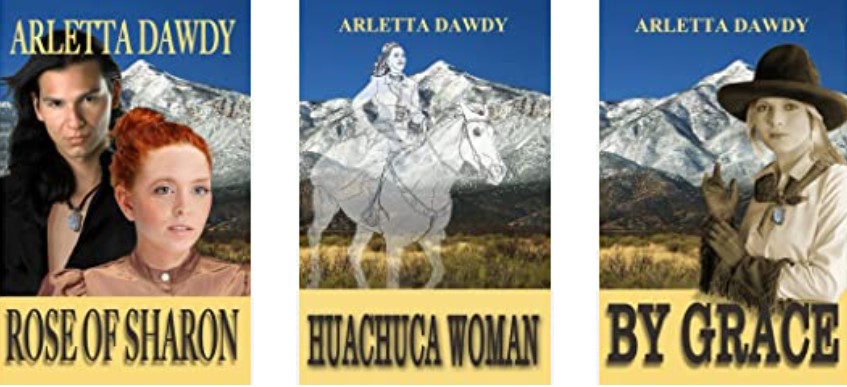
Guest Blogger Arletta Dawdy’s reflections on Susan Bono’s talk, “Illuminating The Essay.”
Remember the bogs of Ireland or those on the moors of England in old romance novels? The one where the heroine comes to the lonesome manor to be a governess, nurse, or maid only to fall for the moody master, his neighbor or maybe the groundsman. She’s lost in the mire of boggish emotions until HE comes to her rescue.
Well, I don’t see HIM rescuing this writer from her blogger’s mind-bog. If you noticed, I’ve been absent for, low, these many months and then I thought there might be hope showing on my horizon.
Marlene Cullen, producer of Writers Forum, invited local heroine/publisher//teacher Susan Bono to inspire an October gathering by “Illuminating The Essay.”
Susan has published personal narratives in her famed journal, Tiny Lights, for nearly twenty years. She is an expert in the form and offers references, stimulation and inspiration freely.
Susan Bono sees five keys to writing the personal essay:
Character: the self
Problem: give yourself a problem
Struggle: Problem creates conflict
Epiphany: after struggle, a flood of new understanding
Resolution: what you do differently as a result.
Susan calls on the work of many experts including: Phillip Lopate’s The Art of the Personal Essay; Adair Lara’s Naked, Drunk and Writing; and Louise Desalvo’s Writing as a Way of Healing.
Many of her references specialize in memoir which Susan finds to be good resources.
As so many good instructors do, Susan had exercises for us to try out. I found them to be great fun and marveled at the variety when students chose to share what they wrote. These are starter ideas which serve to establish the intent or direction of the essay/narrative.
Here they are with a couple of my answers shared:
- I want to tell you how [name of person] changed my life (Universal statement).
My answer: John Steinbeck, and he did it twice: inspiring me to go into social work to change the world and to write.
- I’m trying to figure out how I feel about______________
- I learned about obstinance . . . from my granddaughter, with her threats not to go to sleep, hands on hips, pursed lips . . . and then dissolving into tears as she gave up.
- I never expected to________________
- I will always regret . . . My answer: not starting to write earlier.
- I never thought I’d become a person who_______________________
Paraphrasing Susan Bono’s rules:
Reader should know within three paragraphs what the essay is about.
Check proportion of scene with real action against summary which moves reader thru time rapidly.
Check the frame: sense of being triggered by past event and ends by bringing back to current event.
Use of dialogue brings others into the event.
Use restraint when writing difficult themes as with violence, abuse . . . need not be gory to make point.
End or resolve with action or gesture as opposed to flowery words.
Your Turn
Challenge yourself: Try answering Susan’s six openers.
Posted on Arletta Dawdy’s Blog, October 27. 3013.
SAVE THE DATE
July 7, 2022: Susan Bono will talk about Ready, Set, Pivot!
Personal narratives are documents of change. They always contain a “before” and “after.” This is really useful to remember when building our stories. In our time together, we’ll explore this concept and experiment with some structures that create natural pivots or shift points.
Writers Forum sponsors this free event on Zoom. You need to register to attend.
Note From Marlene: Arletta Dawdy has written a wonderful series of historical fiction: entertaining, engaging, and “escapism” reading.